The retail sector is fast-moving and wide ranging. It encompasses such diverse services as grocery shops, convenience stores, DIY outlets, fashion houses, electronics, department stores and other specialist goods. Selling to consumers, as opposed to other businesses or organisations requires a high level of quality packaging, labelling, storage solutions and display material. That is where retail industry injection moulding comes in. This flexible, durable method of producing packaging, display stands, storage solutions and more has long been a popular manufacturing method for this fast-paced, demanding sector.
Retail industry injection moulding
As with any sector, retail has its own specific demands and best practices. For example, retail industry injection moulding goods need to keep pace with the rapid nature of the sector. So, orders must be fulfilled quickly, correctly and to deadline. Some items will need to be ordered in bulk, such as packaging, shelving, heating components etc. High levels of conformity and accuracy are required to ensure each unit or part is the same as all the others. Others will be more bespoke, for example advertising hoardings, point of sale merchandise, design prototypes and sales signage. Here, a wider choice of materials, colours, textures and printing options is of paramount importance. The versatile nature of plastic injection moulding serves both of these scenarios well, along with plenty more in between.
Food and beverages
The sale of food and drinks is a big part of the retail industry. Injection moulding is an important manufacturing method that ensures high-quality, robust and colourful packaging that meet food safety standards and protects the health of the general public. Examples include plastic bottles, caps and seals for drinks, as well as sandwich cartons, disposable pots and BPA-free plastic cartons. Other ways that retail industry injection moulding is used for food and drink manufacturing (and packaging) include conveyor belt components, filtration system parts, labelling and pallet storage.
Consumables packaging
Another key area for the retail industry is the sale of consumables, such as toiletries or cleaning products. In this area, retail industry injection moulding packaging has to be made to exacting standards of safety, appearance and ergonomic design. Plastic injection moulding enables a wide range of plastics to be used to create consumables packaging that exactly matches the contents. So, chemical resistant materials will be used for corrosive or acidic cleaning products that must be kept free from spillages during transit, storage and display. Other safety features available via plastic injection moulding techniques include child-safe caps and bottle tops and tamper-proof seals. In addition to all of the above, transparent, attractive materials will prove an excellent choice for cosmetics and perfume packaging that needs to catch people’s eye when displayed on the shelf.
Advertising, display and point of sale materials
The retail industry is a competitive environment. To catch the eye of consumers, your products must stand out from the crowd. Retail industry injection moulding techniques can create colourful, attractive advertising display materials, as well as other marketing and promotional items designed to draw attention. These are often displayed outside a shop or retail outlet, or next to the point of sale to encourage impulse purchases. So, the materials must be colourful, robust, safe and able to withstand frequent moving and handling. These are all properties of retail industry injection moulding products and components. Often, marketing display items are put up outside, or are subject to heavy footfall and wear and tear. Having a robust, fade-resistant finish will kelp prolong the lifespan of such items.
Warehousing, storage and logistics
Working in retail involves handling and storing a large number of items, which can often be bulky or require specialist storage. Retail industry injection moulding can produce a wide variety of shelving, pallet and other warehouse storage solutions. The method can also be used to make components for heating, air conditioning and ventilation systems. These are often essential to keep ambient or chilled goods at the right temperatures while they are in a warehouse. Ventilation components also contribute to keeping workers safe with efficient ventilation in areas where there is little to no access to fresh air from outside. Other uses for retail industry injection. moulding on the warehousing and logistics side of things include warning signage, lighting and construction materials.

